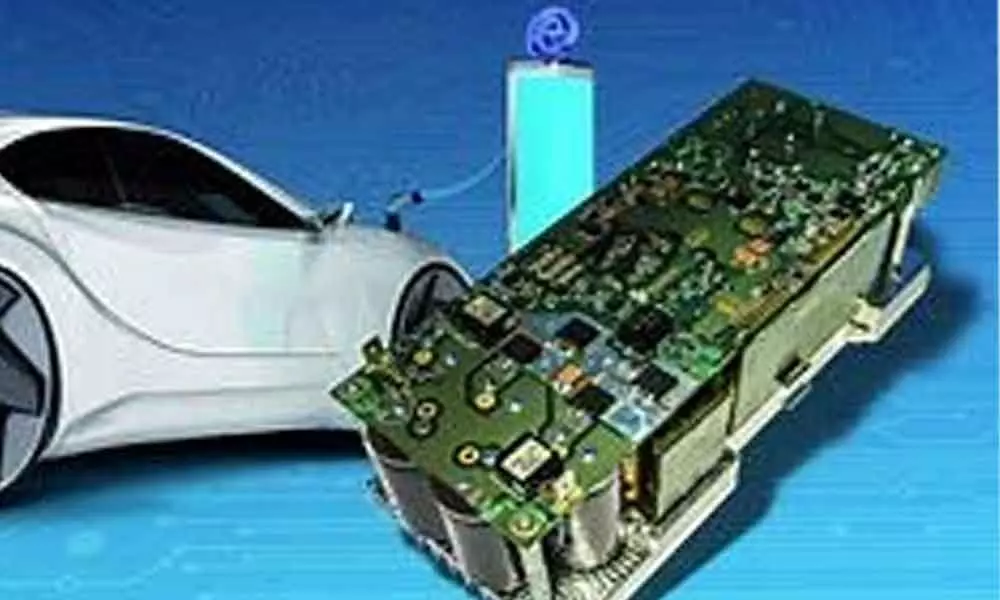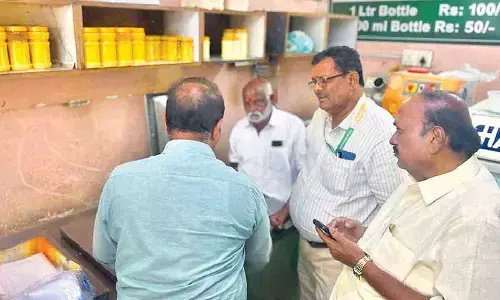Onboard chargers for e-vehicles developed

Researchers at the department of electrical engineering, Indian Institute of Technology (Banaras Hindu University) have developed a new technology for onboard chargers for vehicles. They have claimed that this technology costs about half of the current onboard charger technology and can reduce the cost of two and four-wheeler electric vehicles.
Dr Rajeev Kumar Singh, associate professor and chief project investigator, said: "Amid the rising cost of petroleum products and rising pollution levels, electric vehicles (EVs) are the best alternative to conventional IC engines, but lack of high-power offboard charging infrastructure forces automakers to incorporate on-board chargers into the vehicle itself. The vehicle owner can charge the vehicles through the outlet. In such a situation, electric vehicles become very expensive."
He said that with the new technology developed in the institute, the cost of on-board charger can be reduced by about 50 per cent.
"This will also significantly reduce the cost of electric vehicles. The technology will be completely indigenous and will have a significant impact on driving electric vehicles on Indian roads in a big way," he said.
"Lab scale development has already been done at IIT (BHU) and upgradation and commercialization are in progress. A country's leading electric vehicle manufacturer has also shown interest in this new technology and is ready to develop a full-fledged commercial product that can be applied to existing electric vehicles. Experts from IIT Guwahati and IIT Bhubaneswar have also collaborated for this technology development," he added.
Dr Singh said that this research is financially supported by the ministry of electronics and information technology.
He explained that the electric vehicle contributes to sustainable development as it improves community health by eliminating tailpipe emissions, reducing reliance on fossil fuels and, with the integration of renewable energy into existing electricity networks.
IIT (BHU) director Prof Pramod Kumar Jain said: "The technology will help in production of cheap electric vehicles, which will be beneficial for the common man. The technology will support the government's mission to bring electric vehicles on Indian roads in a big way."
Prof Jain added that a few projects on developing autonomous vehicle, connected vehicles are already underway at IIT (BHU).
One such project is Averera, that has already won first prize globally in the Shell Eco Marathon last year. He further said that the IIT (BHU) is planning to set up an interdisciplinary centre on EV technologies to carry out design, fabrication, and testing of battery management systems, commercialise research, provide solutions to R&D problems and develop human resources in area.











